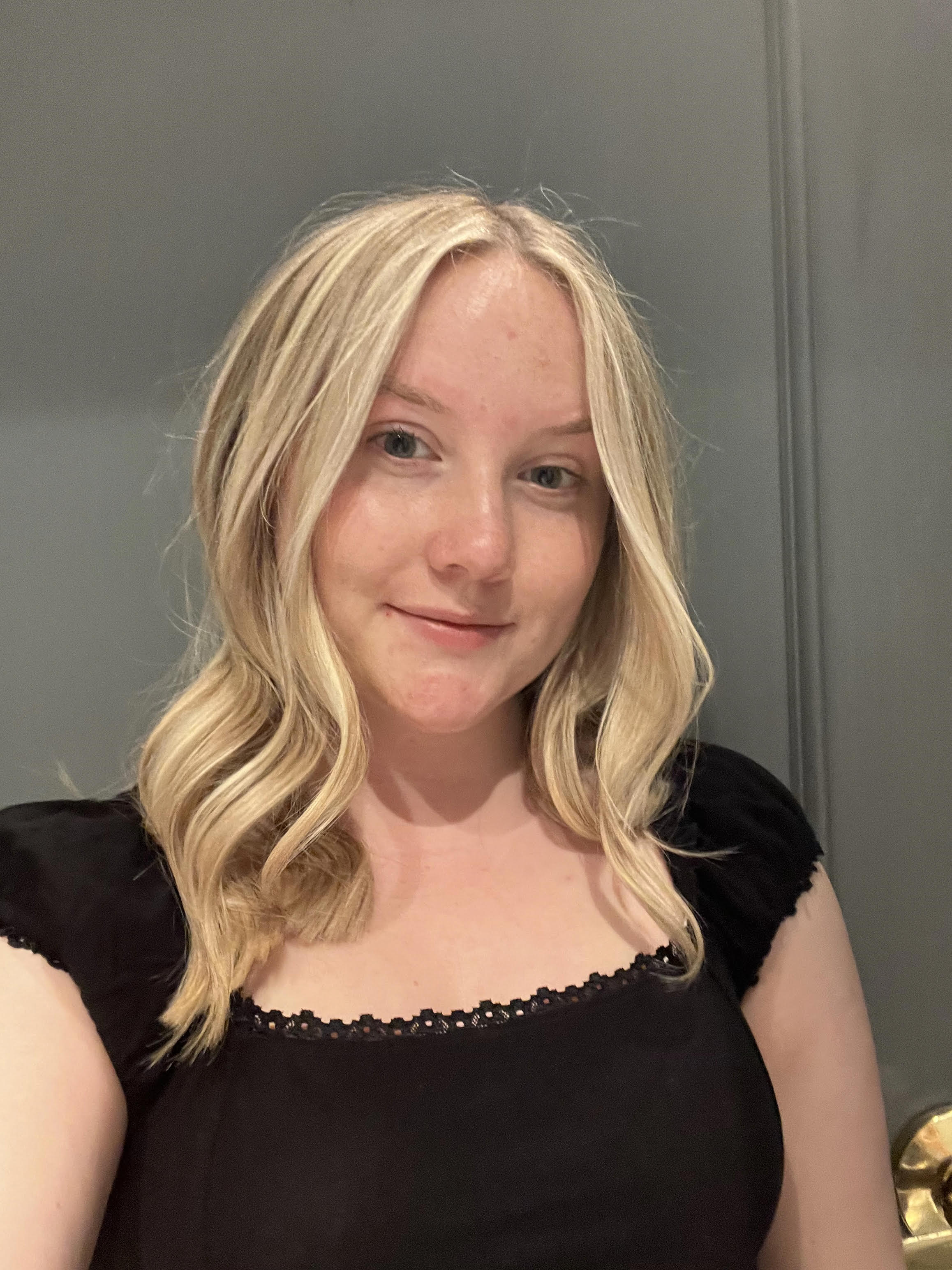'It does work' - Dr Amir Khan reveals the 5-minute sleep technique to try if you can't drift off tonight
The doctor and ITV regular shared his thoughts on cognitive shuffling on Instagram, explaining why it could be the key to sleeping better this season

Grace Walsh

Sign up to our free daily email for the latest royal and entertainment news, interesting opinion, expert advice on styling and beauty trends, and no-nonsense guides to the health and wellness questions you want answered.
You are now subscribed
Your newsletter sign-up was successful
Want to add more newsletters?
Why can’t I fall asleep? How long have I been lying here? Is everyone else in the house asleep? These will be familiar questions for those of us who struggle to nod off, but cognitive shuffling could be the sleep technique that helps.
Cognitive shuffling is “a type of sleep cognitive behavioural therapy and may help you drift off into a healthy slumber for the night," says Dr Amir Khan, a GP who frequently appears on Lorraine and This Morning.
Whether you're looking to improve your sleep in the heat or generally learn how to sleep better, it’s reassuring to know there is an alternative to simply counting sheep - and it’s easier than you might think.
A post shared by Dr Amir Khan GP (@doctoramirkhan)
A photo posted by on
What is cognitive shuffling?
Cognitive shuffling is a mental technique designed to calm the mind with simple, neutral words and images. In turn, it helps you fall asleep faster. The key is to hold no sentiment over the words you choose, making the technique just interesting enough for your brain to concentrate while not being too exciting or stressful.
“It interrupts your racing mind, and instead scrambles your thoughts,” explains Dr Khan, who is also woman&home's resident GP. “[It invites] the brain to go into sleep mode and assures it that it is safe to do so.”
This sleep technique may also help manage anxiety and lower cortisol levels in your waking life. "It does work," he says.
How to do cognitive shuffling
- Get into bed: "First of all, get into bed, lie down," instructs Dr Khan.
- Think of a word: "Now, think of a word that has no emotional connection to you. It's really important that the word is completely neutral, and ideally has no repeating letters," he says.
- Begin the shuffle: "Take each letter of the word and think of as many words as you can beginning with that letter, and as you do, picture those objects in your mind's eye."
- For example, take the word 'bed'. Bed begins with the letter 'B', so you'd list off words that also begin with that letter, such as bat, binoculars, baseball, and banana.
- Think of the words as objects: "As I'm thinking of them, I'm also picturing them in my head," says the doctor. "Once I've exhausted the letter 'B', I move on to the next letter, which is 'E'. Now I'm thinking emus, elephants, eyes, and picturing them at the same time.
- Repeat the process: "I do the same with the letter 'D' and once I finish the word 'bed', if I'm not already asleep, I'll think of another word and do the same with that until I do fall asleep."
Does cognitive shuffling work?
Several factors can contribute to a bad night's sleep, but stress plays a part for many people, and cognitive shuffling is a sleep technique with proven effectiveness.
Sign up to our free daily email for the latest royal and entertainment news, interesting opinion, expert advice on styling and beauty trends, and no-nonsense guides to the health and wellness questions you want answered.
A crucial study from Simon Fraser University was first presented by Dr Luc P. Beaudoin in 2016. Dr Beaudoin is a cognitive scientist specialising in sleeping difficulties, with over 34 years of experience in the field. He first identified the concept of cognitive shuffling after struggling to fall asleep.
The study used a sample of 150 students. One group practised cognitive shuffling while another wrote their worries and solutions before bed. A third group tried both. The study used Serial Adverse Imagining (SDIT), a type of cognitive shuffling. The participants were given randomly generated concrete words with 8-second intervals in which they were asked to maintain the image in their minds.
While this is only a small study on cognitive shuffling, the initial results were promising, with researchers finding that "pre-sleep arousal, sleep effort, and sleep quality improved significantly" with the technique. Sleep hygiene was not improved, however.
It can be particularly useful, says Dr Khan, if "your mind won't stop churning out stressful thoughts: work, money, kids, planning, scheduling, problem solving. Your brain is too active to let you sleep.
"The stress of all these thoughts tells the brain that it's not safe to sleep, and you have to stay on high alert."
I tried cognitive shuffling over three nights when I struggled to sleep. With hay fever and the hotter nights, it’s been difficult drifting off. I also had a music festival over the weekend, which meant my mind was planning travel routes and awake with excitement. I turned to cognitive shuffling and chose words like ‘bed’ and ‘chair’. Before I knew it, I was waking up, relieved I’d finally fallen asleep.
Whilst it works for some, outside factors such as sleep hygiene or perimenopause symptoms might impact your success, so be aware of these.
What if I still can’t sleep?
Dr Amir Khan approves of this technique and recommends it to those struggling with sleep. However, outside factors such as age or underlying health or sleep conditions can impact your ability to use cognitive shuffling.
NHS England says, "A few sleepless nights are nothing to worry about, but it can become an issue when it starts to affect your daily life."
If you’re still struggling to sleep, book an appointment with your local GP or health clinician.

Becky Spicer is a vouchers copywriter at Future, the parent brand of Woman & Home. As a vouchers copywriter, Becky has produced content on everything from Black Friday sales to where to shop for a budget-friendly wardrobe. Becky joined after the pandemic, moving away from her background in social media to specializing in SEO and copywriting. She has since written content to help shoppers save money on their lifestyle, fashion, and beauty products. She has written copy for WhoWhatWear, Marie Claire, Ideal Home, Woman & Home, and MyVoucherCodes. When she’s not copywriting, she’s always searching for lifestyle trends and her next read (can you ever have too many books?).
- Grace WalshHealth Channel Editor
You must confirm your public display name before commenting
Please logout and then login again, you will then be prompted to enter your display name.